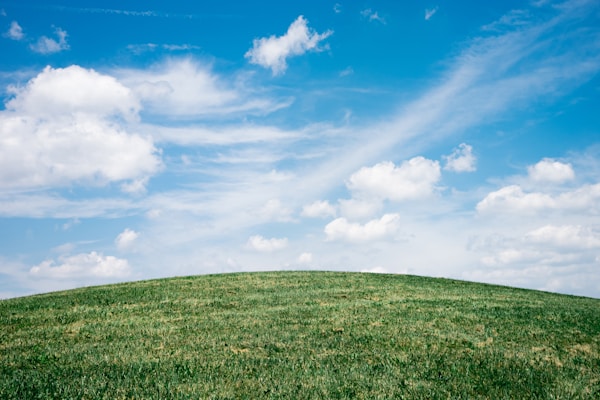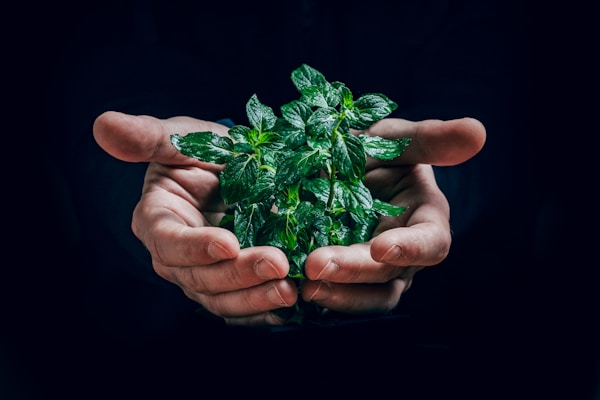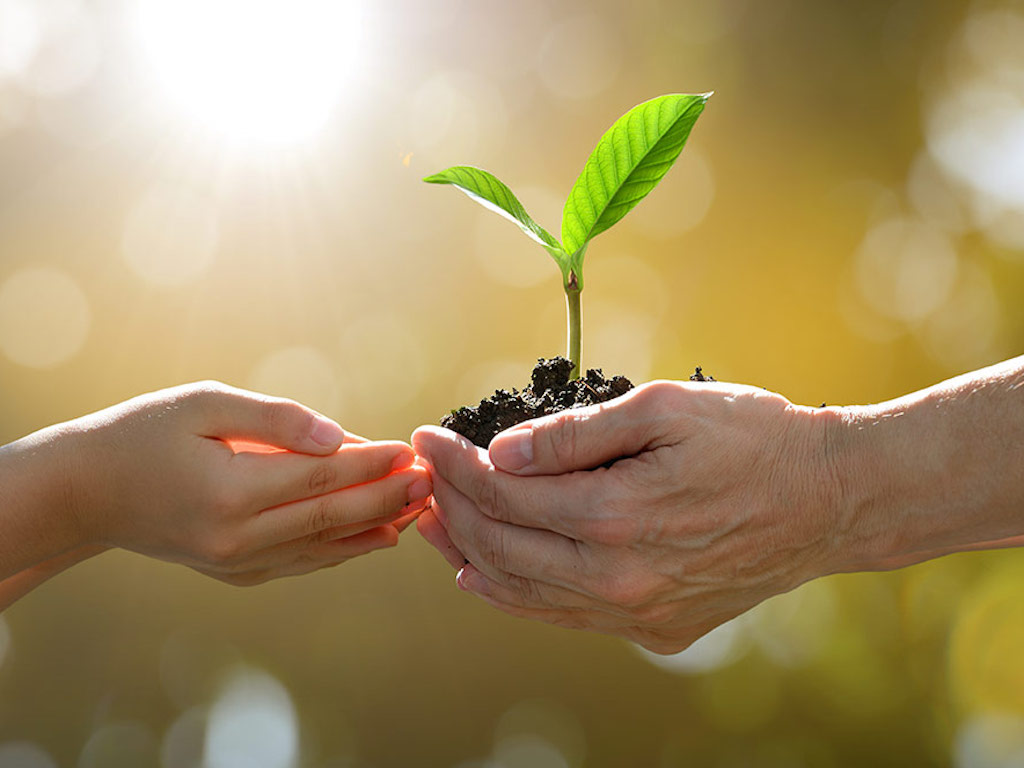We all know that plants are important for our survival. They produce the oxygen we breathe and the food we eat. We live in a time where many people are concerned about the quality of the air they breathe. It’s no secret that our planet is polluted and that the air in our cities is often full of harmful toxins. Thankfully, there are plants that can help clean the air and benefit the environment in total. Keep reading to find out how plants can help us save the planet!
Plants can reduce plastic use.

Plastic packages are one of the biggest issues for our environment. The thing is a lot of our new accessories come in plastic packaging and while recycling is well and good, there are ways we can use plants to package our goods.
Plants can be made into environmentally friendly packaging that helps save the planet and boost sustainability. Retail manufacturers are looking into sustainable packaging like that sold at Earthwise; sustainable packaging is a new packaging solution that addresses the key issues with recycling plastic by not using plastic in their packaging at all. This is an eco-friendly option that is durable and great for eCommerce merchants as the world advances to make more environmentally conscious moves.
Dr. Jane Goodall, a renowned primatologist and environmentalist, once said, “What you do makes a difference, and you have to decide what kind of difference you want to make.” By choosing plant-based packaging, we can make a significant positive impact on our environment.
Plants can help clean the air.

Plants are a crucial part of the Earth’s ecosystem. They help to clean the air, reduce erosion, and recycle water. They also provide food and shelter for animals.
One of the most prominent things that plants do for our environment and our world is clean the air. Plants produce oxygen and absorb carbon dioxide. This helps to reduce air pollution that can be harmful in large or small volumes. According to a study by NASA, certain houseplants can remove up to 87% of air toxins in 24 hours.
Dr. B.C. Wolverton, a former NASA research scientist, stated, “Plants are the lungs of the Earth. They produce the oxygen we breathe and absorb the carbon dioxide we exhale.” This highlights the critical role plants play in maintaining air quality.
Plants also help to reduce global warming. They can reduce the amount of sunlight that reaches the Earth’s surface. This helps to keep the Earth’s temperature cool.
You can help the planet by bringing plants into your home as well; outdoor plants help the air outside, indoor plants help the air inside, and garden plants help your home look beautiful and can make your own ecology footprint more sustainable.
Look into Lively Root and their plants home delivery service which makes it easy for beginner environment enthusiasts to take the first step into purifying the air. Their plant delivery service brings your fresh greenery right to your door from their personal nursery. They’re a great choice to begin earning your green thumb at your new home or your current home.
Plant ecology makes saving the planet possible.

Plant ecology is the study of how plants interact with their environment. This includes the study of the physical environment (light, water, temperature, and soil), the biotic environment (other plants and animals), and the abiotic environment (nonliving factors such as climate and pollution).
One thing we have learned from plant ecology is the utilization and management of food security. Food security is the availability of enough food to meet the needs of all people in a population. It is a global issue, and the role of plants in providing food security is critical.
Plants provide food security in several ways. They produce food directly, they provide food for other animals that eat them, and they produce oxygen and other resources that are essential for human survival. A study published in the journal “Nature Plants” found that plant-based diets could reduce global agricultural land use by 76% and greenhouse gas emissions by 49%.
Dr. Vandana Shiva, an environmental activist and food sovereignty advocate, emphasizes, “In nature’s economy, the currency is not money, it is life.” This underscores the importance of plants in sustaining life and ensuring food security.
Plants can help us save the planet by reducing the amount of carbon dioxide in the atmosphere, producing oxygen, and providing habitats for animals. Plants help to reduce erosion, holding the soil in place and preventing it from being washed away. Plants also recycle water; they use water to grow, and they release water back into the air, reducing the amount of water that is needed for irrigation. Ultimately, plants are important for regulating the Earth’s climate and helping to maintain the delicate balance of our ecosystems.
As Dr. David Suzuki, a renowned environmental scientist, puts it, “The human brain now holds the key to our future. We have to recall the image of the planet from outer space: a single entity in which air, water, and continents are interconnected. That is our home.” By understanding and leveraging the power of plants, we can work towards a more sustainable and healthier planet.
